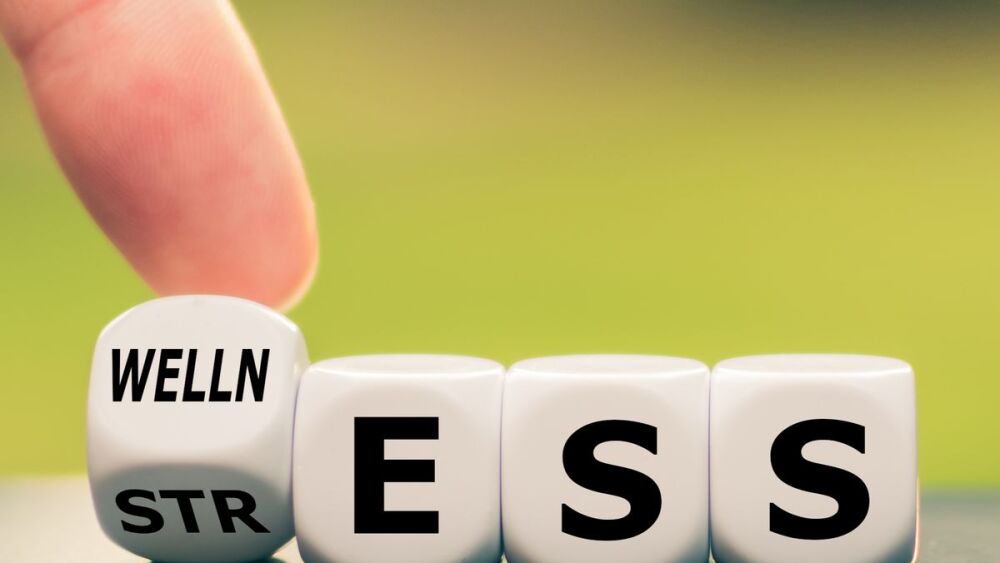Obviously, the last 3 years have been overwhelmingly difficult for healthcare workers. Aside from the normal stress that comes with caring for people during their time of greatest need, the COVID-19 crisis created an entirely new level of physical, mental and emotional distress.
And it’s not over yet. With thousands of our coworkers leaving the industry, the shortfall of healthcare professionals has put those of us who remain in the field under intense pressure. Working more hours and tending to higher patient volumes has caused a high rate of burnout among providers.
A breeding ground for addiction
For too many, the stress, emotional torment, and on-the-job access to prescription drugs have created an ideal environment for addiction to take root. If you’re one of the millions of healthcare workers who are struggling emotionally, drinking more or taking more than what’s prescribed of your medication to cope with the situation, you’re definitely not alone.
In one study of ICU professionals at the height of the pandemic, over 75% had scores compatible with a diagnosis of traumatic stress disorders and nearly one in four had scores suggesting alcohol misuse. In another, 18% of nurses screened positive for substance use problems. And in a recent survey, over half of physicians said they think the substance abuse problem among their peers has increased since the onset of COVID-19.
Super-human syndrome adds risk
Admitting you might be struggling with a mental health problem or asking for help can be extremely difficult in the healthcare field. When people rely on us to be the helper, sometimes our pride can get in the way of admitting that we need help. We may feel like our patients and their families count on us to be super-human, to solve their problems, to take away their pain. Admitting we have pain ourselves can feel like we’ve somehow failed. There’s fear around being exposed or ruining our reputations. Worse yet, many of us fear having our certifications revoked or losing our career altogether.
But the truth is, the alternative is much worse. Continuing to work in challenging circumstances when you’re not well is extremely dangerous for you and your patients. Even if you’re not coming to work under the influence, chronic drinking or drug use still impairs your daily ability to make critical decisions. Not to mention, hiding a substance use issue takes a tremendous amount of focus and energy – the preoccupation with keeping your secret is a major distraction from quality patient care.
Healthy strategies for emotional wellbeing
The good news is that there are strategies and programs available to help healthcare workers cope with the stress and anxiety of the job, and to get and stay sober.
First, self-care must be a priority. As we’re instructed by flight attendants before takeoff, you must put on your own oxygen mask before helping those around you. Healthcare workers must find a way to create a margin between their work and personal life. Some helpful practices for good, emotional self-care include counseling, therapy, a spiritual connection through church, meditation, support groups or any avenue that will allow you to process the emotions and stress of the job where your experiences are validated.
Take advantage of employee assistance programs (EAPs) that offer free and confidential assessments, counseling and referrals, and help to create a culture among your coworkers in which doing so is accepted, encouraged and rewarded. Ask your employer to offer on-site counseling for caregivers after loss of life or trauma on the job. Too often, caregivers are expected to manage these emotions on their own. Having an opportunity to collectively process events together can be a tremendous benefit.
Treatment programs just for you
If you’re struggling with substance use, please know that there are programs available to help that won’t ruin your career. Impaired Practitioners Programs (IPP) and Intervention Project for Nurses (IPN) provide protocols and resources to help healthcare providers get the SUD treatment they need in a monitored, structured program to retain or reinstate your license to practice. You can also look for programs designed specifically for people in the medical field. For example, at River Oaks Treatment Center, we have our Professionals Program, where individuals can feel comfortable addressing SUD challenges among their peers who know what they’re going through.
Finally, you should know that there’s absolutely no shame in admitting you need help. Mental health issues and substance use know no bounds and do not discriminate – they affect everyone in every profession, every demographic and every socioeconomic status.
There is hope
I assure you, even if it feels hopeless and scary right now, there is life after this. I know because I’ve been there. After first entering recovery in 1992, it took me 5 years to get sober. As a high school dropout, my prospects were very limited. But the recovery process (and an outstanding therapist) inspired me to pursue therapy as a career. I went back to school, earned my high school diploma, an associate degree, a bachelor’s and a master’s, worked with severely emotionally disturbed children and opened my own private practice before coming to work as an addiction therapist.
Through it all, I’ve continued to attend meetings, work my program and create an environment with structure, support and self-care that helps me to cope with the emotional stress that comes with helping others through their most difficult times.
As a care provider, you cannot pour from an empty cup. I urge you to reach out for help today so that you can fill your cup and continue providing the outstanding care your patients deserve.
Watch for more:
On-demand webinar: How to create a mental health-friendly environment at your service
Learn how mental health support programs can alleviate stress in the workplace
About the author
Andrea Marvin is a therapist at River Oaks Treatment Center, an American Addiction Centers facility.


